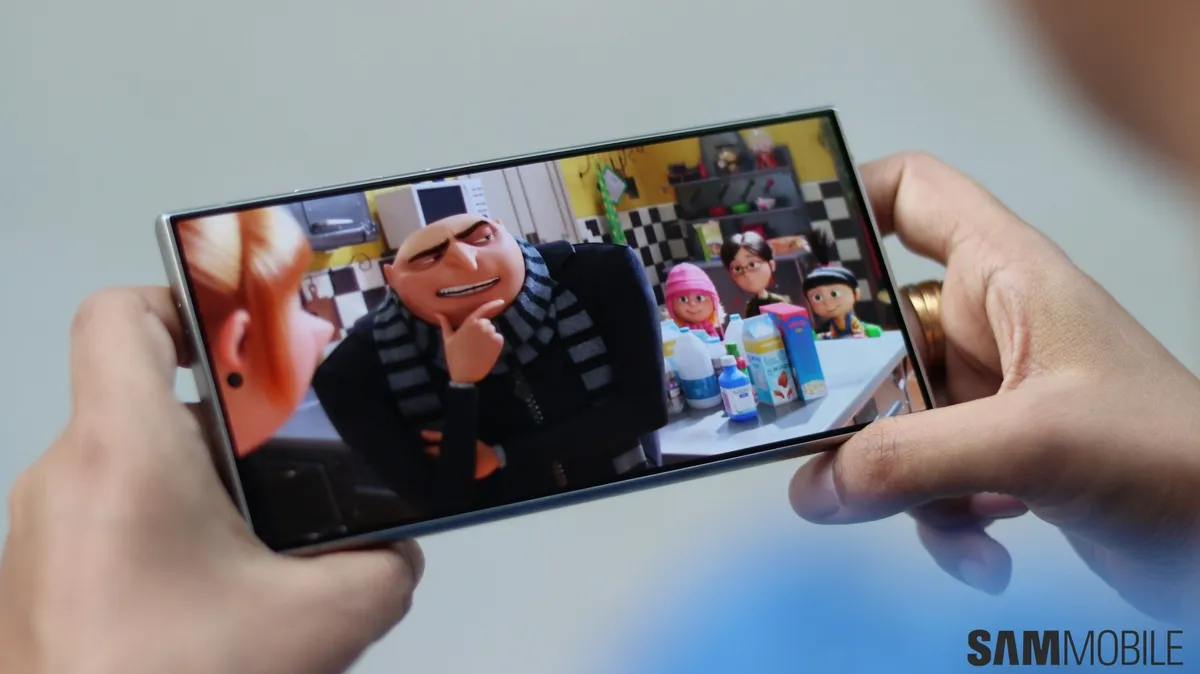
In a significant leap for smartphone technology, Samsung has unveiled a revolutionary feature with the launch of the Galaxy S24 Ultra that substantially enhances the viewing experience. This cutting-edge feature is catching the attention of competitors, notably Apple, which appears to be considering a similar innovation for its forthcoming iPhone Pro models.
According to a recent report from MacRumors, Apple’s next-generation smartphones, specifically the iPhone 17 Pro and the iPhone 17 Pro Max, are set to incorporate displays that come equipped with an anti-reflective glass overlay. This advancement aims to significantly reduce glare and reflections, thereby improving screen legibility in direct sunlight or under bright lighting conditions.
This feature closely resembles the Gorilla Glass Armor utilized in the Galaxy S24 Ultra and the anticipated Galaxy S25 Ultra. Reports suggest that Apple's suppliers have reached a sufficient yield rate for the anti-reflective glass, paving the way for mass production for the iPhone 17 Pro series. Additionally, this glass is believed to offer enhanced scratch resistance, making it a premium feature exclusive to the higher-end models.
It is important to note that the anti-reflective glass will not be available on the base models, including the iPhone 17 and iPhone 17 Air. This strategic decision positions the Pro models as a more luxurious option for consumers looking for advanced display technology.
Despite Samsung's introduction of anti-reflective glass in its phones and televisions last year, many other brands have yet to adopt this highly beneficial feature. The introduction of anti-reflective technology is not merely a cosmetic enhancement; it significantly improves the display's readability without necessitating an increase in screen brightness. This translates to reduced power consumption, allowing users to enjoy longer battery life while also preventing excessive heat build-up in their devices.
As the competition intensifies in the smartphone market, the adoption of innovative features like anti-reflective glass could influence consumer choices, pushing brands to continue evolving and enhancing user experience.